Hawaiʻi Midwifery Litigation
About the Plaintiffs: Kahoʻohanohano v. State of Hawaiʻi
More about the Hawaiʻi midwives, midwifery students and women who are plaintiffs in the case.
The Center for Reproductive Rights and its partners filed a lawsuit in a Hawaiʻi state court against a midwifery restriction law that is preventing pregnant people from receiving pregnancy and birth care from trusted, skilled midwives. The lawsuit was brought on behalf of nine plaintiffs—including midwives, midwifery students, and women who are pregnant or plan to become pregnant and grow their families.
Below, learn more about the plaintiffs and why they decided to join this case.
Read more about the case, Kahoʻohanohano v. State of Hawaiʻi, here.
About the Plaintiffs
Kiʻinaniokalani (Kiʻi) Kahoʻohanohano
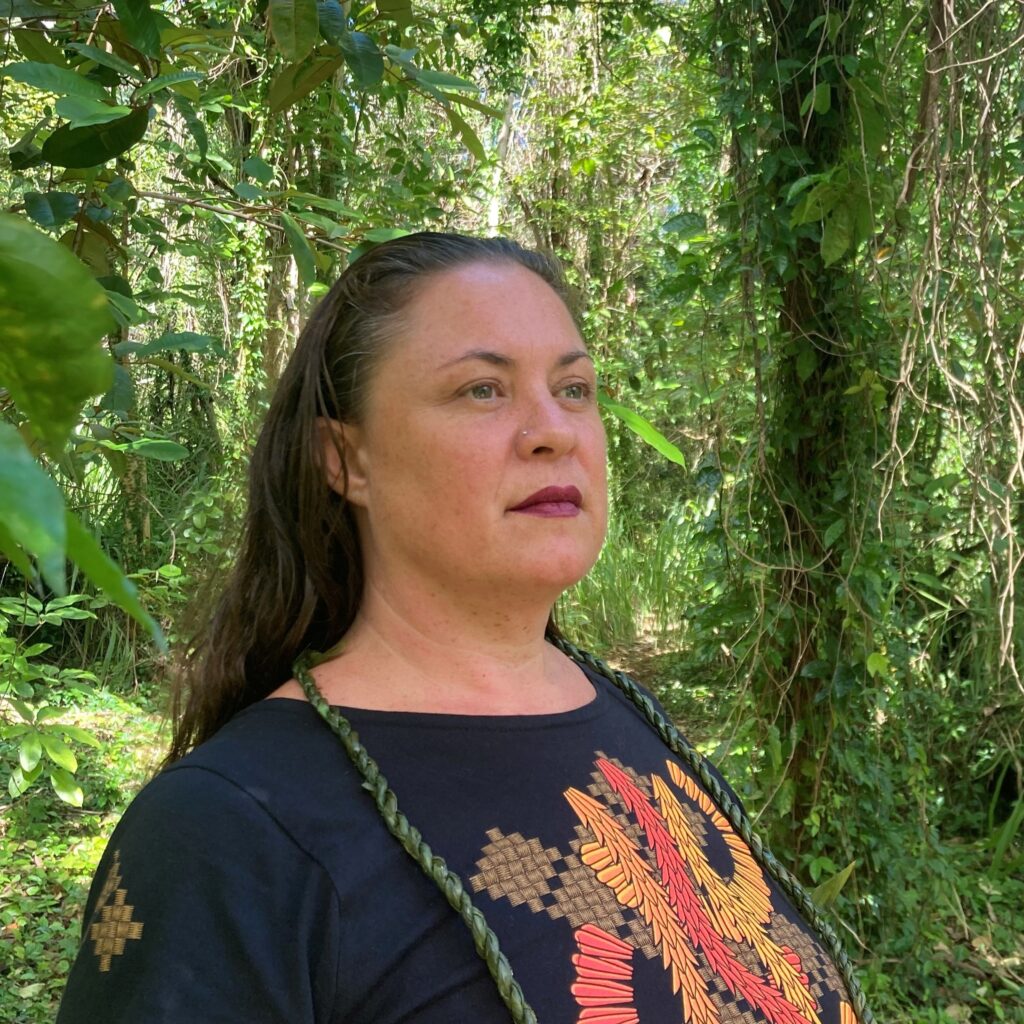
Kiʻinaniokalani Kahoʻohanohano is a Native Hawaiian whose ancestors were natives of the area which consists of the Hawaiian Islands prior to 1778. She is a Native Hawaiian cultural practitioner, midwife, and mentor based in rural Maui with over 20 years of experience. Kahoʻohanohano is one of the only midwives who has experience practicing as a midwife and as a cultural practitioner who has knowledge of Native Hawaiian traditional and customary birthing practices. Prior to the Midwifery Restriction Law, Kahoʻohanohano practiced as a midwife, and continued to practice as an exempt “birth attendant” after it took effect. Since the exemption expired on July 1, 2023, she has turned away families seeking her care nearly every week. She sues on her own behalf, on behalf of her students, and on behalf of people who seek her care as a midwife.
Kiana Rowley
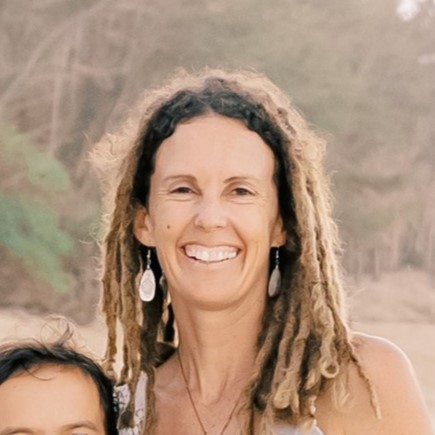
Kiana Rowley is an apprenticeship-trained midwife based in Maui and is currently a student in a certified nurse midwifery (CNM) program. Rowley previously worked as a registered nurse in a hospital labor and delivery unit but shifted careers after seeing the need for more community-based models of health care and the failure of the medical model to meet the needs of all families. Rowley practiced midwifery on Maui, including, after the Midwifery Restriction Law took effect, as an exempt “birth attendant.” Although she is investing considerable resources to become a licensed CNM, she plans to practice midwifery alongside midwives who are not licensed and will risk criminal penalties for doing so. She sues on her own behalf and on behalf of people who seek her care as a midwife.
A. Ezinne Dawson
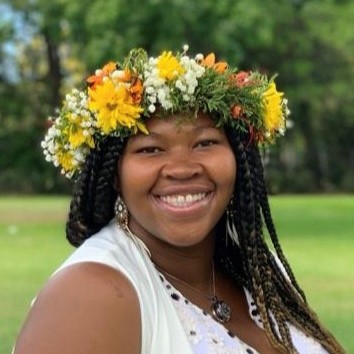
A. Ezinne Dawson is a certified professional midwife (CPM) and licensed midwife in Oʻahu who obtained her credential from the North American Registry of Midwives (NARM) through its apprenticeship-based training pathway, the Portfolio Evaluation Process (PEP). She is one of only two licensed Black midwives in Hawaiʻi and is a mentor for students who are pursuing that same pathway. Such students will be ineligible for a Hawaiʻi State midwifery license and risk criminal penalties for practicing midwifery alongside midwives and other birth workers who are not licensed. Dawson sues on her own behalf, on behalf of her students, and on behalf of pregnant people who seek her care as a midwife.
Makalani Franco-Francis
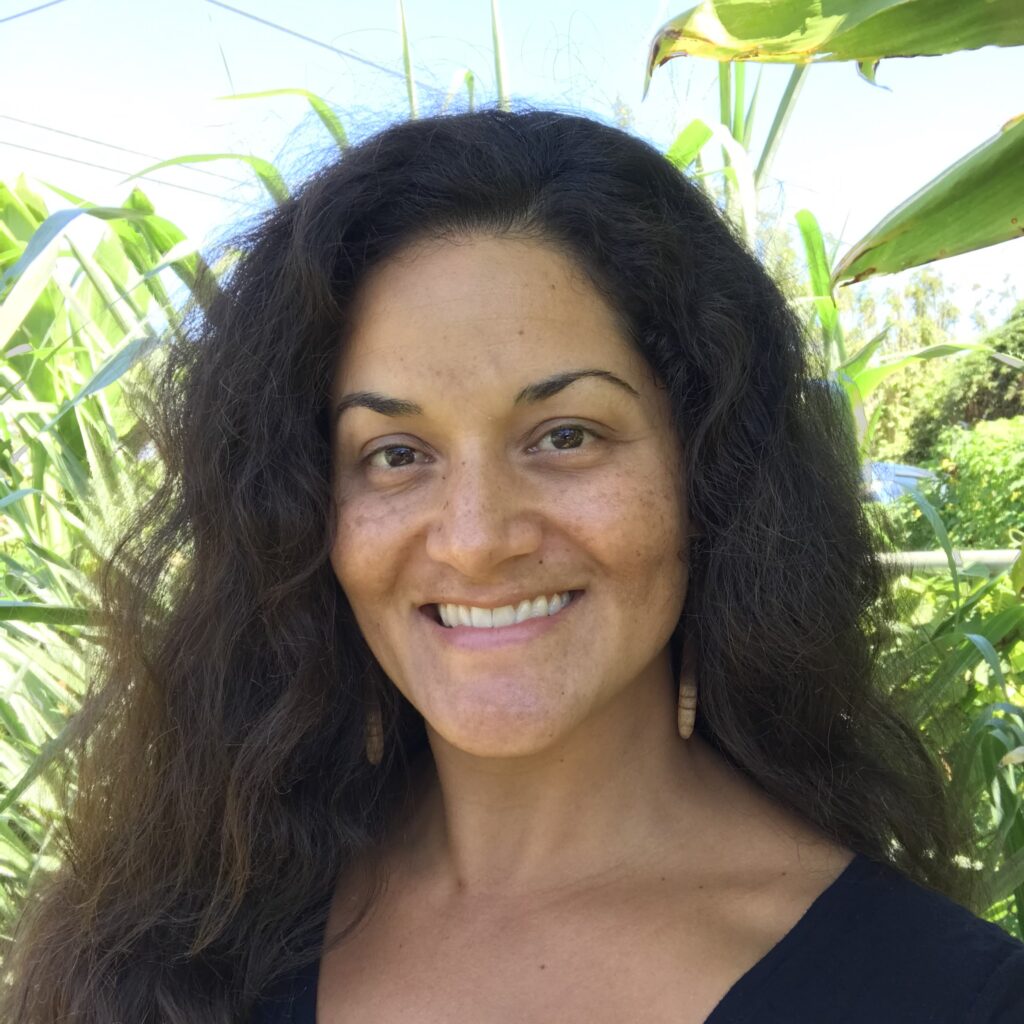
Makalani Franco-Francis is a Native Hawaiian doula and haumāna (student) midwife who has been training under Plaintiff Kahoʻohanohano since 2017. She is dedicated to training as a midwife because her own experiences with home birth were transformative, and she wants others to have that option. Franco-Francis’s life, and vision for her future, have been profoundly shaped by this training pathway and the anticipation of becoming a midwife, which is now thwarted by the law. She sues on her own behalf and on behalf of people she expects to serve as a midwife.
Kawehi Kuʻailani
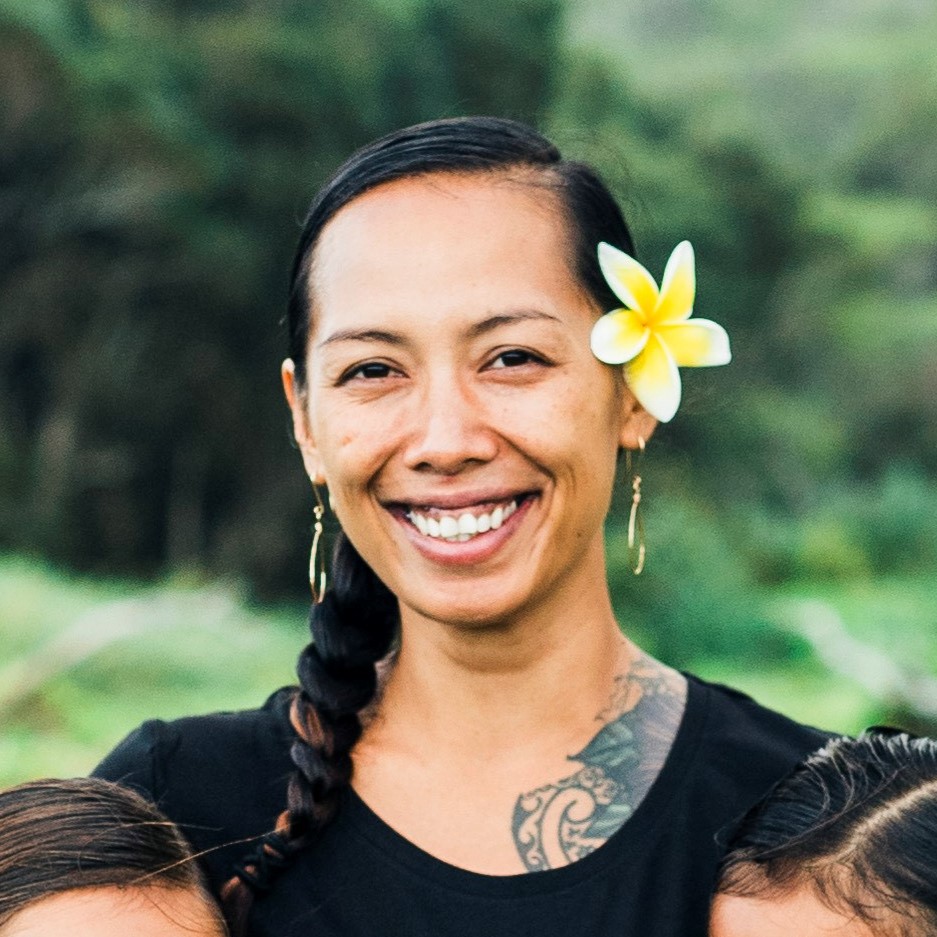
Kawehi Kuʻailani is a Native Hawaiian mother who gave birth to two children at home in Maui under the care of Plaintiff Kahoʻohanohano. After receiving midwifery care that both protected her health and met her cultural needs, she became a haumāna (student) midwife of Plaintiff Kahoʻohanohano. Kuʻailani is currently pregnant and wishes to birth at home in March 2024 with her chosen midwife. She sues on her own behalf and on behalf of people she expects to serve as a midwife.
Moriah Salado
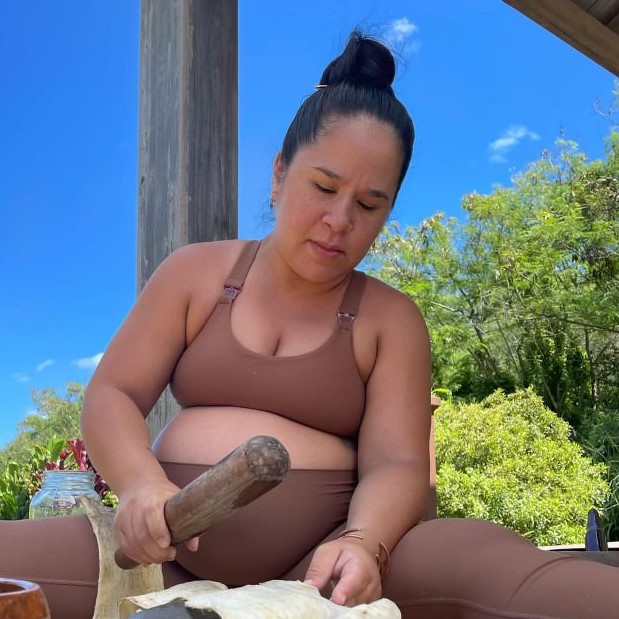
Moriah Salado is a Native Hawaiian mother living in Maui who received midwifery care from Plaintiff Kahoʻohanohano that both protected her health and met her cultural needs.
Along with her partner (who is also Native Hawaiian), she wishes to grow her family and access her chosen midwife for her next pregnancy and birth. She sues on her own behalf.
Morea Mendoza
Morea Mendoza is a fourth generation Hawaiʻi resident of Filipino and Caucasian descent and a mother living in Maui who received midwifery care from Plaintiff Kahoʻohanohano that both protected her health and met her cultural needs. Along with her partner (who is Native Hawaiian), she wishes to grow her family and access her chosen midwife for her next pregnancy and birth. She sues on her own behalf.
Emilie A.
Emilie A. gave birth to her first child in February 2024. She and her partner (who is Native Hawaiian) wished to birth at home with a chosen midwife who could both protect her health and meet their cultural needs. Emilie is also a student in a certified nurse midwifery (CNM) program. Although she is investing considerable resources to become a licensed CNM, she plans to practice midwifery alongside midwives who are not licensed but will be risking criminal penalties for doing so. She sues on her own behalf and on behalf of people she expects to serve as a midwife.
Piʻilani Schneider-Furuya
Piʻilani Schneider-Furuya is a Native Hawaiian doula and student midwife pursuing the apprenticeship-based path—the Portfolio Evaluation Process (PEP)—to earn her CPM credential and is an apprentice to Plaintiff Dawson. Although she is investing considerable resources to become a CPM, she will be ineligible for a Hawaiʻi State midwifery license under the Midwifery Restriction Law because she is pursuing the apprenticeship-based training path after the law’s January 1, 2020 cutoff for this training. She sues on her own behalf and on behalf of people she expects to serve as a midwife.
